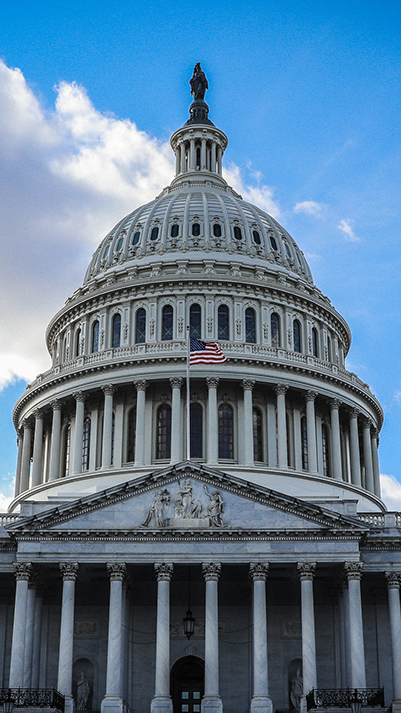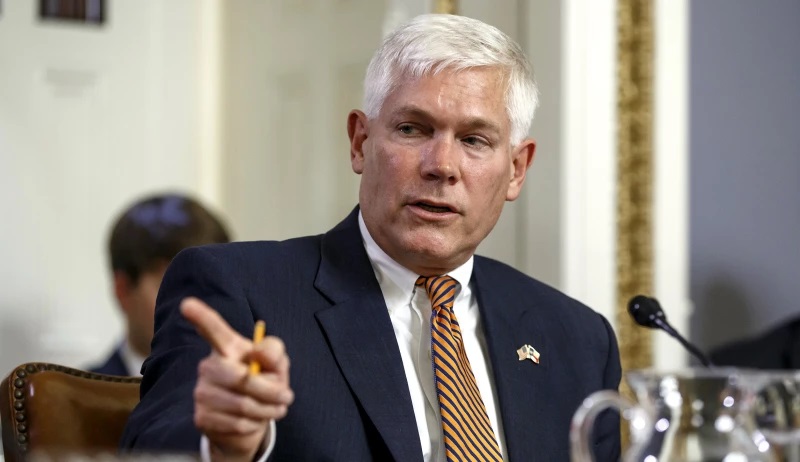
John Goodman’s Commentaries

What Are We Getting for All That Obamacare Spending?
Obamacare spending has now reached $214 billion a year, insuring people through Medicaid (which is mostly contracted out to private insurers) and the Obamacare exchanges. At $1,731 for every household in America, that’s a great deal of money being transferred from taxpayers to insurance companies every year.
So, what are we getting in return?
One scholarly study finds there has been no overall increase in health care utilization in the U.S. since the enactment of Obamacare. The number of doctor visits per capita actually fell over the last decade.
See my latest post at Forbes.

Can We Reduce Health Care Costs with Better Primary Care?

Washington Doesn’t understand Obamacare
In the House of Representatives, the GOP’s “number-one priority for health care reform” is lowering health insurance premiums. However, the vast majority of folks who buy their own insurance are getting hefty subsidies. So much so, that 8 in 10 enrollees in the exchanges pay $10 a month or less. For a family with average income, the premium is usually zero. More.

ObamaCare still desperately needs fixing
The American Rescue Plan injects new life into ObamaCare with more generous subsidies, expanded eligibility and premium limits that make insurance more affordable. Unfortunately, the stimulus proposal just passed by Congress does nothing to correct the most serious...

Our Tattered Health Care Safety Net
We are probably as close to universal health insurance as we are ever likely to be. Yet we are doing a poor job of delivering care to families at the bottom of the income ladder. These families find that as their income goes up and down and as their job opportunities ebb and flow, they bounce back and forth among eligibility for Medicaid, eligibility for subsidized insurance in the Obamacare exchanges, eligibility for employer-provided coverage and sometimes eligible for none of the above. More.

ObamaCare Turns Out to Be Affordable Only for the Healthy
It was supposed to help those with pre-existing conditions, but they pay dearly for bad options.

Obamacare’s Dirty Little Secret
When Democrats passed the Affordable Care Act of 2010, President Obama and lawmakers made the same claim over and over: The act would make good, affordable health insurance available to people with pre-existing conditions. The actual result has been the opposite. Obamacare makes health insurance as good as possible for the healthy and as bad as possible for the sick.
From John Goodman’s editorial in the Wall Street Journal (Paid gateway)

Can the Left and Right Agree on Health Reform?
A new book calls for universal health insurance coverage, but with no increase in government spending. It’s getting a lot of attention in progressive circles. Yet a bill that would go a long way toward implementing Finkelstein’s proposal has been introduced in Congress by a conservative Republican. More

Who Are the Real Authoritarians?

A Republican Alternative to Medicare for All
It’s been 15 years since John McCain ran for president with a plan to completely revamp our healthcare system. In the interim, Republicans have attempted a nip here or a tuck there, but nothing really big. Fortunately, Rep. Pete Sessions (R-TX) and his colleagues have come to the rescue with a reform plan that is a pro-patient, pro-family, pro-free enterprise alternative. It is based on three fundamental values. More